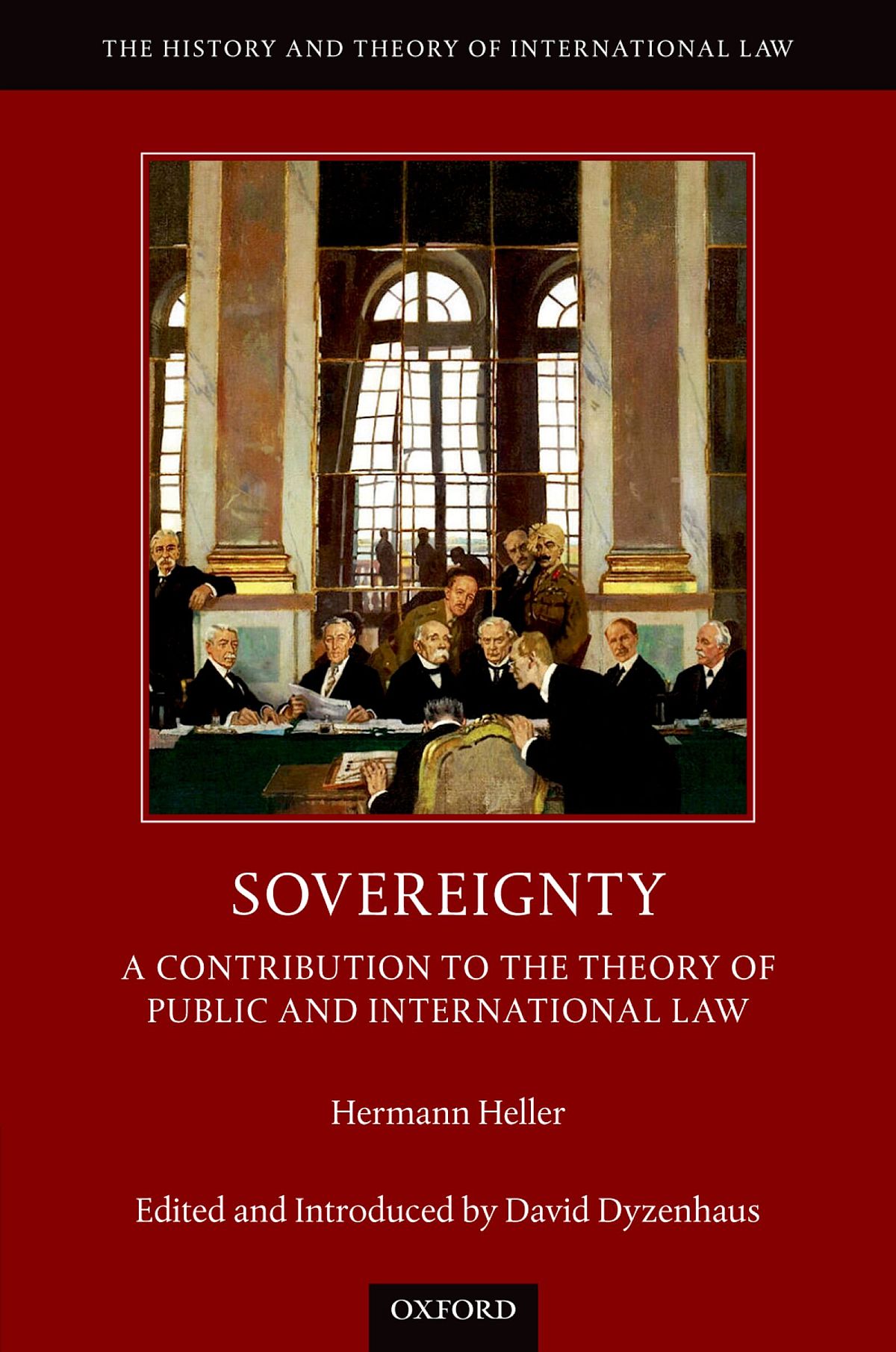Hermann Heller was one of the prominent public lawyers and political and legal theorists of the Weimar era, whose main interlocutors were two of the giants of twentieth-century legal and political thought, Carl Schmitt and Hans Kelsen. In this 1927 work, Hermann Heller addresses the enigma of sovereignty. That is, how the sovereign can be both the highest authority and subject to law. Unlike Schmitt and Kelsen, who aim to dissolve the paradox, Heller sees that the
tensions the paradox emphasizes are an essential part of a society ruled by law.
Sovereignty, in the sense of popular and national sovereignty, is usually perceived today as being under threat, as power decentralizes from nation-states to international bodies, and important decisions seem made by elite-dominated institutions all the time. Hermann Heller wrote Sovereignty in 1927 in the very similar tensions of the Weimar Republic. In a search of history, constitutional and political theory, and international law, In Sovereignty: A Contribution to the Theory of Public and International Law, (PDF), author Heller speaks clearly to our contemporary worries and shows that democrats must defend a lawful idea of sovereignty suitable for a pluralistic world.
Review
“An exceptional resource for those interested in the rule-of-law and the paradox of how a sovereign ruler (individual, parliament, etc.) can/must also be subject to and governed by law.” — Jus Gentium
NOTE: The product only includes the ebook, Sovereignty: A Contribution to the Theory of Public and International Law in PDF. No access codes are included.






Reviews
There are no reviews yet.